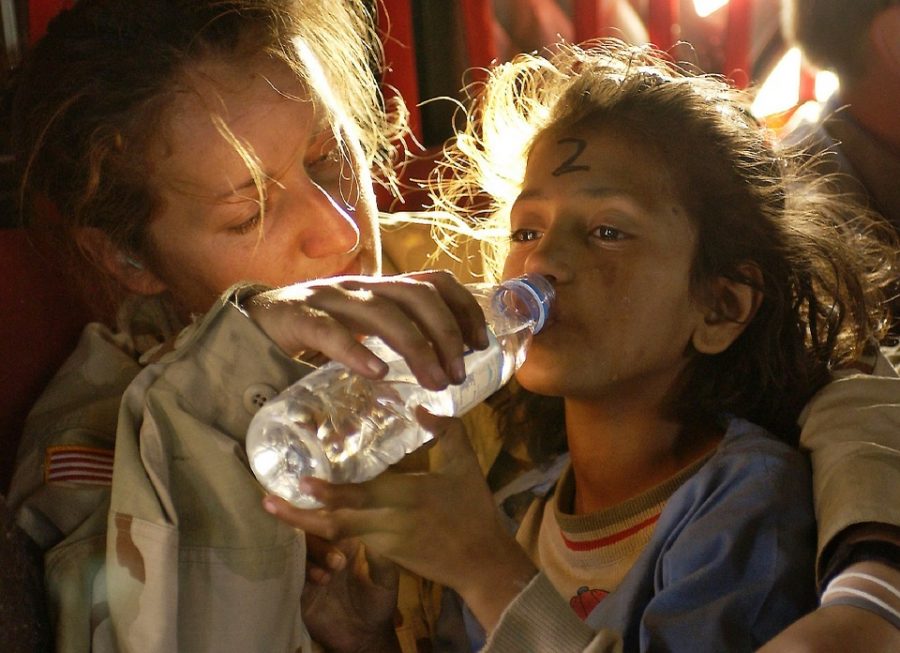Venezuelan Refugee Crisis
Why Venezuelans are immigrating and what happens once they do
Photo by Photo courtesy of Creative Commons
Humanitarian efforts to help those with the most desperate need.
Millions of Venezuelans have fled their home country with no expectation to return as they leave everything they know behind. Everyday, since the start of 2015, hundreds of struggling people arrive at the borders of neighboring countries holding their documents in one hand and children in the other.
Venezuela is experiencing the worst economic crisis in its country’s history under President Nicolas Maduro. In 2013, Venezuela’s public debt was 170,466 million dollars with an inflation rate that has reached 83,000% in July, according to a recent study by the National Assembly.
Venezuela has an abundance of oil. So much oil that it was never a necessity to base the economy off anything else. Oil accounts for about 95 percent of Venezuela’s export earnings and 25 percent of its gross domestic product, according to CPR. Instead, Venezuela simply took the earning from foreign oil trade and imported the goods into the country needed for survival. This worked until 2014, when the oil prices plummeted and their economy failed as a result.
As a result, the Venezuelan citizens were living in a poverty stricken country. This includes food and medicine shortages. There has been a decline in public hospitals because of dearth of basic medical care and people on the verge of starvation.
The Venezuelan health care system will collapse under the conditions it is currently being held up to. Hospitals lack electricity and people have turned to the black market for most necessities like penicillin, baby formula, and other remedies usually found in local pharmacies. The poor living conditions and lack of medicinal support have led to a wide spread of diseases such as malaria and diphtheria.
Hunger has also took a precedent as one of the major issues the country is facing. It cost 14,600,000 bolivars, which is equivalent to 2.22 U.S dollars to buy a chicken in Catia, reported by NBC. The majority of people living in Venezuela has faced problems with extreme malnutrition. This is affecting everyone, especially children; many young kids have passed away because of it.
This is the reasoning behind so many deciding to leave Venezuela. In the past three years, an estimated 2.3 million people have migrated, that is seven percent of Venezuelans population.
“This crisis in Venezuela, which is now spilling into the broader region, is man-made.” says Mark Green, head of USAID.
Neighboring Latin American countries have been taking in the mass migrant of refugees, a major one being Colombia. Many crossing borders have pressing healthcare issues and barely any money to travel to a sufficient settling point. However, the Colombian government refuses to provide temporary housing. So, many who don’t reach camps end up sleeping on the streets for the time being.
The conditions in Venezuela and for the ones who have left do not seem to have a resolution in the near future and this is reality for millions. Everyone struggling due to this humanitarian crisis is doing what is necessary for survival.

Delaney is a senior at PMHS and it is her third year on The Red and Black. She is the Editor in Chief and in the past has held the title of Photo Editor....






